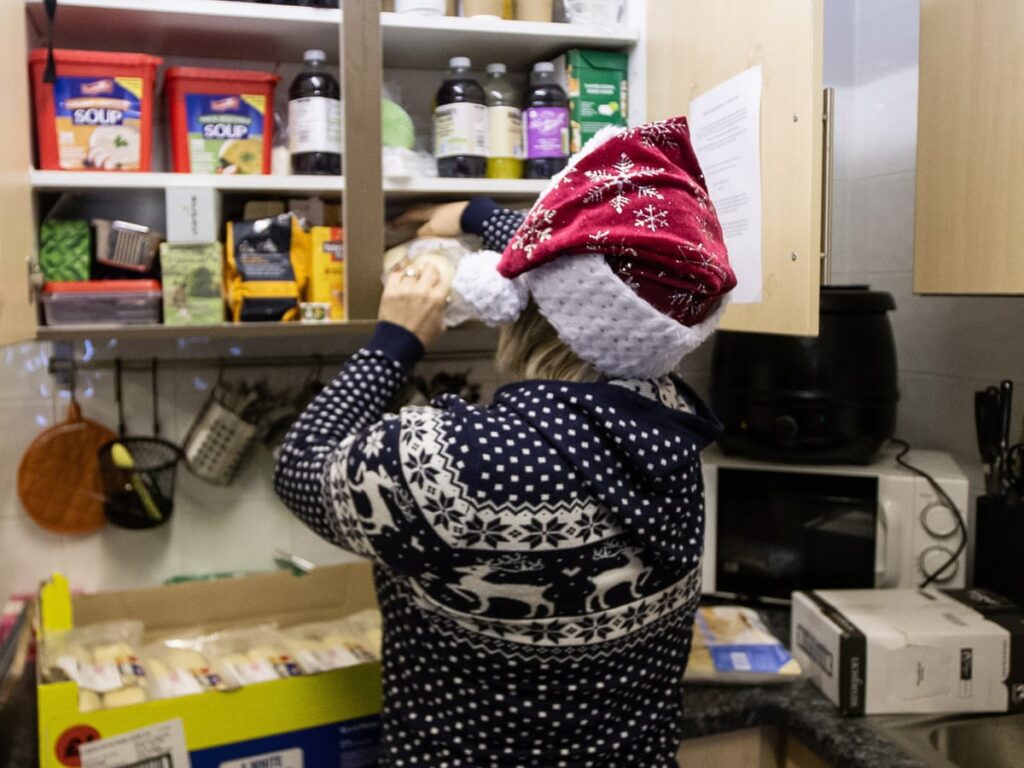*Allege ‘Connivance’ Between Banks, Operators Over ‘Emptiness’ Of ATMs
The twin effects of rising cost of food items and charges by the Point of Sales (PoS) operators, occasioned by failure of banks’ Automated Teller Machines (ATMs) to dispense cash, particularly in rural and satellite cities, are rapidly grooming a band of distressed and disgruntled consumers, whose purchasing power has been substantially eroded, Metrobusinessnews.com (MBN) investigations have revealed.
Ravaged by insecurity and possibly lack of transportation and preservation facilities, inflation in Africa’s most populous and highest exporter of crude oil nation has been experiencing inflation to a new 28-year high of 33.95 percent and food inflation to over 40 percent, in May, according to the nation’s Bureau of Statistics, (NBS).
The efforts of the Central Bank of Nigeria (CBN) to reign in inflation through consistent increases in the Monetary Policy Rate, (MPR), currently at 26.25 percent, leading to the astronomical rise in lending rates to between 32 and 35 percent, with the resultant effect of of shutting door of credit to the real sector and small and medium scale enterprises.
Also, ATMs of banks have maintained “no cash” posture for quite sometime, a development that has provided opportunity to PoS operators, who are currently charging N100 per N5000 withdrawals. Some operators who spoke with MBN said they are contemplating increasing the charges to N150/N5000,claiming cost of transportation as well as ‘inducements of bank officials at the points of collections.
The revelations may have given flesh to allegations of ‘connivance’ between some banks and PoS operators at ensuring that the ATMs remain empty so as to ensure their businesses continue boom.
“What it means is that some Nigerians are paying exchange rate on the local currency, making the value of naira to depreciate at the point of exchange. So if I need N10, 000 and the ATMs are not functioning and I approach an operator of PoS,who gives me. N9,800, does that add value to my money for transaction at that point?, queries a consumer.
Although they are speculations that inflation may begin to come down from July, many Nigerians are wondering how that will happen with farmers still not able to access their farms and also that perishable food items are lost to lack of accessible road as well as preservation facilitates.
Nigerians have continued to wonder why the much mouthed heavy spending by successive governments and recent strengthening of the naira in the FX market have not positively affected prices of goods and services across the country.
ALSO READNigerians Borrow N3.9billion As Inflation Heightens -CBN
“When you assess the policies so far by CBN and the government, one s concerned about the unsustainability of the results, making it difficult for sellers to think of reducing their prices. Their argument is that if they reduce costing rate, what will be their replacement costs since one is not sure of the rate of the naira, for instance, in the next two to three days? That’s the reason why prices of things have not come down. Yes, the naira is appreciating but people are not in a place of comfort to say Yes, it is sustainable. The only answer to that is time. We have to wait for a few weeks or months, if some of the positive effects can be sustained, it is, then you’ll see prices coming down,”says an analyst.
The issue is hat some sellers are capitalising on the situation to increase prices of their products, a development that is increasing hardship in the country/
According to Ismaila Olakunle, a wholesale trader in Magboro market in Ogun state, the prices of goods cannot come down even with the celebrated appreciation as they are not sure of the sustainability of the present rate.
He said, ”We buy goods from our distributors at higher prices now. It does not make economic sense for us to bring down the prices of goods since the exchange rate has come down. And if I may ask, what has happened that the naira is appreciating now…increased productivity when farmers cannot go to their farms due to insecurity or that even the foreign exchange is even available and if you tell me yes, where can I get it at even N1400/$?”
Prices of major staple food items such as tomato, beans, pepper and yams, among others have risen beyond the reach of consumers in recent times so much that eating habits of most Nigerians, particularly, the lower class have deteriorated in such a way that ‘anything goes’.
The continuous rise in prices of goods and services appears unrelenting as the effect of the economic crunch makes life harder for millions of Nigerians who spend a large part of their income on food. The economy has been reeling from the effects of subsidy removal, exchange rate unification, and higher interest rates amid growing fiscal deficit.
